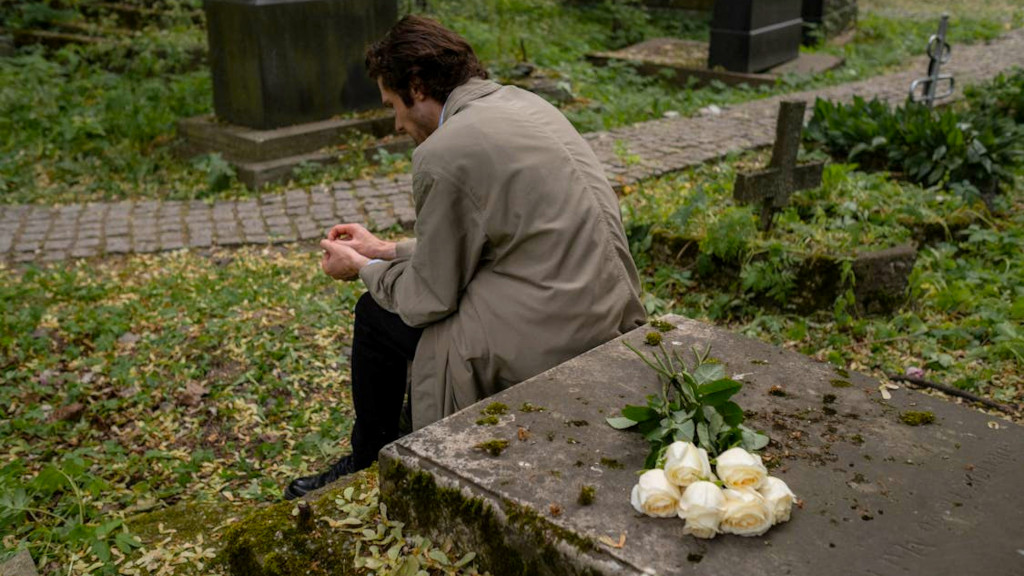“We do not want you to be ignorant about those who fall asleep, or to grieve like the rest of men, who have no hope. We believe that Jesus died and rose again and so we believe that God will bring with Jesus those who have fallen asleep.”
1 Thessalonians 5 v 13-14
No sorrow is deeper than the sorrow of loss. At such times it is important to consider how Christians grieve, that is, grieving in a distinctly Christian way, ‘good grief’, if you will.
Permission to grieve
The first thing is this: grieve! It’s good and right to grieve. We grieve genuinely and unapologetically. Death is tragic, death is sorrowful; it is good to grieve and this text gives us permission to grieve.
We may find it helpful in grief to express our emotions, to take one day at a time, to focus on present responsibilities, to accept help and to be prepared for grief to affect us in wide and unexpected ways.
Yet through all this, Christians should not grieve ‘like the rest of men, who have no hope’.
If the person who died was a believer, Christians experience grief but without despair, sorrow but without defeat, sadness but without hopelessness.
This is because our grief is temporary – it will come to an end – since Jesus’ death and resurrection in the past anchors our future hope of bodily resurrection. This is the Christian hope!
The Christian hope
Whilst it is true that the moment a believer enters physical death they continue to reside within the sphere of Jesus’ life giving power, which is ‘better by far’ (Philippians 1:23), this is not the hope Paul is talking about in 1 Thessalonians. Rather, the concern here, and indeed the thrust of the New Testament, built on the foundation of Psalms, Isaiah, Ezekiel and Daniel, is that the whole creation will be made new (‘the new heavens and the new earth’) and for believers this means bodily resurrection.
Bodily resurrection is life after ‘life after death’ and happens, our passage says, when Jesus returns to rule and reign on earth.
Sometimes well-meaning believers speak of the Christian hope as being ‘taken into glory’, implying a bodiless existence sitting on a cloud for eternity, but this is not what the New Testament means by the resurrection of the body.
In other words, our eternal state will not be our ‘souls’ in a place called ‘heaven’, nor will it be our old, dying, sagging, creaking bodies, but rather, our present bodies, transformed, to live with God in a renewed world, where all things are made right.
Jesus’ resurrection and ours
So when believers die, we grieve because death is awful, but we grieve a ‘good grief’ because Jesus’ bodily resurrection in the middle of history has launched the final resurrection of all believers at the end of history. Jesus is both the model and the means of our own resurrection.
When someone falls ill, you may hear people say, ‘they’re a shadow of their former selves’. In fact, every believer, at whatever stage of life we’re at, is a shadow of our future selves – our physical bodies, new creation version.
So as you grieve loved ones who’ve died in the Lord, be filled with hope. Be filled with comfort. Because our future – life after ‘life after death’ – is glorious!

